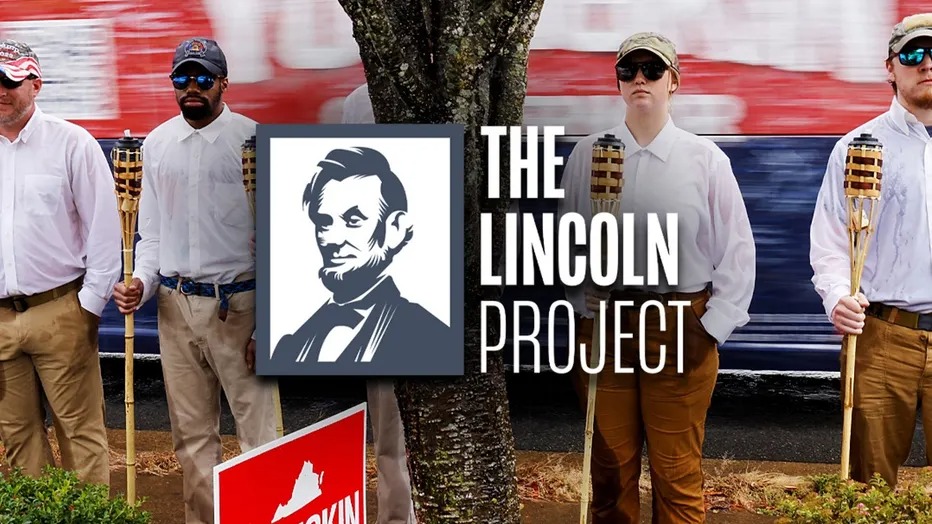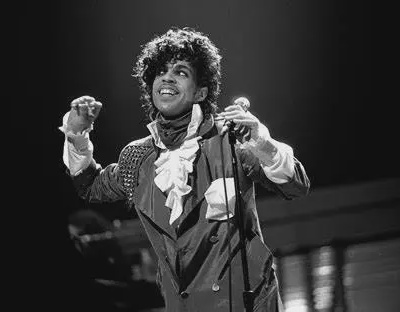The Lincoln Project, the super PAC created in late 2019 to help defeat Donald Trump in the 2020 presidential election, is one of the largest trolling operations in modern human history, designed to alter the political future of the country by enter and fuck thoroughly. the head of the commander in chief.
Formed and run by top disenfranchised Republican consultants and strategists, it produced viral ads that took the fight directly to Trump. Thanks to his devastating attacks, he became a hit with those on both sides of the political aisle, though his stratospheric rise was interrupted by a series of bombings that cast doubt on the motives and character of the men and women behind him. . Far from being a feel-good fable, it turned out to be a more complex story about activism and greed, nobility and self-interest, loyalty and betrayal, success and scandal.
As co-founder Steve Schmidt admits: "Make no mistake: the idea that the story of the Lincoln Project is the story of good people versus bad people is a very naive interpretation."
The Lincoln Project is that saga of warts and all, told up close and personal by directors Karim Amer (The Vow) and Fisher Stevens. Diving in with the group from early September 2020 (two months before the election) through February 2021, the duo's five-part docuseries, premiering October 9 on Showtime, is a multi-faceted portrait of turn-of-the-century politics. XXI and the many bets, compromises and duplicities that it implies, all filtered through the experiences of those who are at the forefront of the Lincoln Project.
That leadership unit was announced in December 2019 and included Schmidt, George Conway, Rick Wilson, John Weaver, Jennifer Horn, Ron Steslow, Reed Galen and Mike Madrid. They all played key roles in the organization's subsequent rise; even if this non-fictional account suggests that the four who actually ran the program were Schmidt, Wilson, Galen, and future member Stuart Stevens.
At least early on in The Lincoln Project, such distinctions don't really seem to matter: they all receive an honorary title of "co-founder" and are equally dedicated to their "psychological warfare campaign" against the president, whose mission is summed up by Rick Wilson: " We're here to kick the shit out of Donald Trump." What made the Lincoln Project unique was that this collection of disgruntled Republicans was all veterans of various unsavory political campaigns and experienced in manipulative messages and media, and thus boasted the specific skills required to be a thorn in the Trump's side.
Consequently, it wasn't long before his "Mourning America" ad stoked the ire of the president, whose tweet about the group made him an overnight sensation, helping him raise tens of millions, expand his staff and become a hydra like a machine that prodded the Trumpian bear in real-time on social media, developed popular commercials, and then, courtesy of Mike Madrid's data-driven team, strategically placed them in the markets where they would have the most real-world success to push to the voters. towards Joe Biden.
For many liberals, the Lincoln Project was a kind of "the enemy of my enemy is my friend" collective, made up of some of the most cowardly operators in the Republican Party. Wilson, Schmidt, and Stevens don't mince words on the lincoln project about their less-than-pleasant past exploits and mistakes, highlighted by Schmidt's regret that he was the top adviser to the presidential campaign who recommended that John McCain cast Sarah.
Palin as a running mate, a decision (“The biggest fucking mistake of my entire life and that I will regret until the day I die”) that now seems like a turning point for the Republican Party towards fascism. Stevens admits that the Lincoln Project is an opportunity to oppose a “morally bankrupt” and “white grievance” obsessed right-wing movement that he spent his life helping to create, and that sentiment is echoed by many involved, who see its new company as a means of fixing the very things that broke.
Although the Lincoln Project presented itself as noble, its conduct turned out to be less so. The Lincoln Project eventually becomes a story about greed, abuse, and betrayal. Co-founding member John Weaver, who is rarely seen in the docuseries, apparently because he was recovering from a heart attack at the time, is accused of sexually harassing and grooming dozens of men, including one he started talking to when the boy was only 14, and accusations fly that the other co-founders covered it up. Reports emerge that $27 million in funds were transferred to Galen's Summit Strategies firm, possibly to be used for a post-election media company that Galen, Stevens, Schmidt and Wilson sought to create. Angry accusations of swindling and massive infighting ensue, leading to the departure of Horn, Steslow, Madrid, and valued CEO Sarah Lenti.
“Co-founding member John Weaver…is accused of sexually harassing and harassing dozens of men, including one he started talking to when the boy was just 14, and accusations fly that the other co-founders covered it up.”
The lincoln project plunges into this whirlwind without choosing to take sides; Horn, Steslow, Madrid, and Lenti (as well as staff members with first-hand experience of Weaver's criminal behavior) have plenty of opportunities to criticize their colleagues' decisions, just as Wilson, Galen, and Schmidt have opportunities to respond. to the charges filed Against them. The directors' later episodes have a no-holds-barred quality, which is fitting for a team that wanted to take their gloves off against the president, and the directors ultimately let viewers decide who to believe.
The most important questions: about the main role of money (and the generation of money) in politics; on whether right-wing operatives can be trusted to wage war against his former party; about the need to get into the mud when fighting the lowest of the low; and about the tangled web of altruism and selfishness that drives much of contemporary politics, continue to be similarly debated, all as the compromising circumstances of the Lincoln Project become clearer.

























Comments (0)